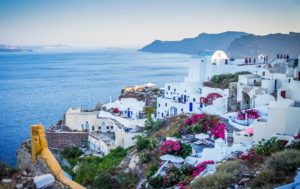
Summer Solstice & Cultural Diversity
The summer solstice happens annually between June 20 and June 22 in the northern hemisphere. Our summer solstice is soon to occur, Monday, June 20. My colleague and dear friend, Sasha, will be hosting his first annual Summer Cultural Solstice Event. His goal is to bridge the significance of the Summer Solstice, which is the day with the longest period of “light”, and the significance of cultural diversity.
It will be a gathering of humans. Humans from all backgrounds, races, and ethnic upbringings. The only requirement is that you come in peace and you come to meet and enjoy new people and food.
I have assisted him with some fundraising, and we have has some very generous people donations. gathering. We are so very fortunate for Take One Event Rentals, a party supply and production company. They are donating all the tents, table, chairs, a small stage, and necessary items to put on this Solstice Celebration. We contacted them about a discount and they offered their equipment and services, at no charge. We are so very grateful their generosity.
There will be food, music, dance from a variety of cultures, and a yoga lawn. On the yoga lawn, 108 sun salutations will be performed by those that wish to participate in honor of the solstice and in honor of each diverse individual. The power of the event will be created by each person. The power of the event will be the sum of all people to create the larger, more powerful whole. It will be felt, be experienced. The intention is to develop awareness
Solstice & Diversity Defined-Together
